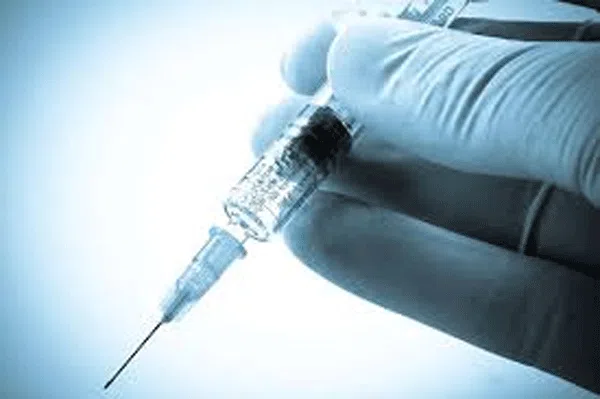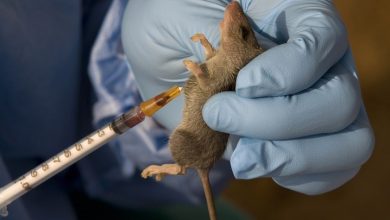Nigeria reports six new confirmed cases of Mpox

Nigeria has confirmed six new cases of Mpox, with no reported deaths, during the week of September 22 to 29. This information was shared by the Nigeria Centre for Disease Control (NCDC) in a recent report released on Monday.
According to the NCDC, the new cases were reported in the following states: Plateau with two cases, and Delta, the Federal Capital Territory (FCT), Katsina, and Imo with one case each.
This marks an increase from the three cases reported the previous week. Since the outbreak began in 2024, 25 states and the FCT have confirmed at least one case across 57 Local Government Areas.
Mpox is an acute illness that typically begins with symptoms like fever, severe headaches, swollen lymph nodes, back pain, muscle pain, and extreme fatigue. This is followed by a distinctive rash that usually starts on the face and spreads to other parts of the body, including the soles of the feet and palms of the hands.
From September 2017 to date, Nigeria has recorded a total of 5,054 suspected cases, with 1,170 confirmed cases, resulting in a confirmation rate of 23.3%. The outbreak has sadly led to 17 fatalities, predominantly affecting men (70%).
Geographically, Mpox has spread extensively, affecting all 36 states and the FCT, indicating widespread distribution. The NCDC is actively coordinating the response to the Mpox outbreak through its National Mpox multi-sectoral and multi-partner Emergency Operation Centre (EOC). This collaborative effort involves various stakeholders to ensure a comprehensive approach to managing the outbreak.
The response includes surveillance and reporting of suspected and confirmed cases, providing guidance for case management, conducting public awareness campaigns, and partnering with state governments and health agencies.
The NCDC encourages the public to report any suspected cases by contacting them via their toll-free number. By leveraging its expertise and resources, the NCDC aims to reduce the spread of Mpox and protect the health of Nigerians.





